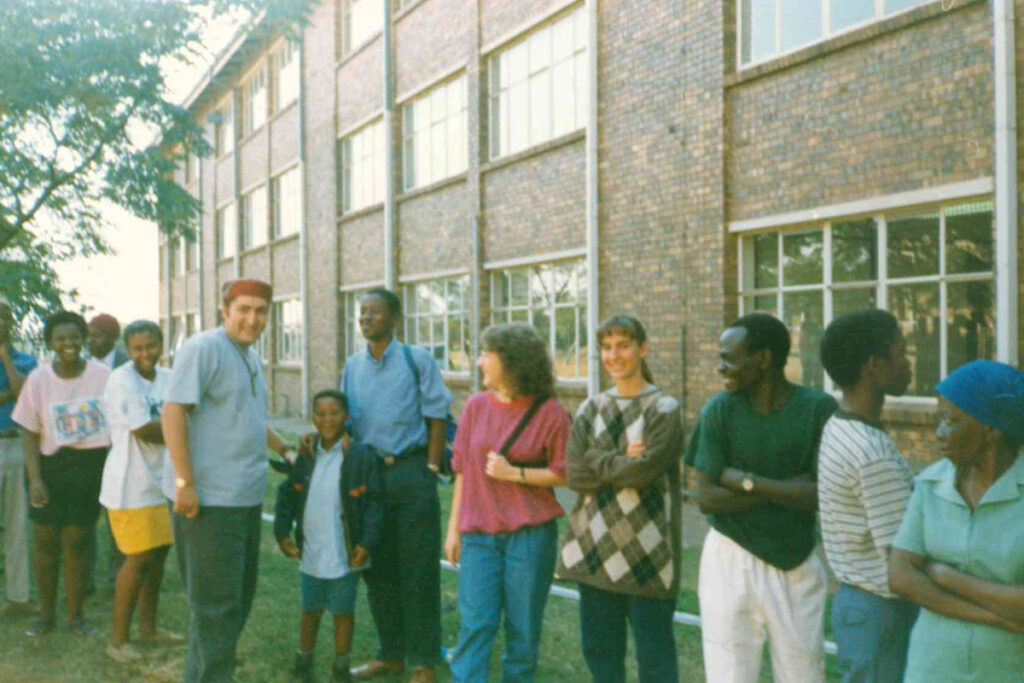
As this newsletter is written before voting day in our country people’s expectations, of whatever kind, are still up in the air and of course there is no real knowing what the outcome will be for a few days afterwards. But as we are in some ways a law-abiding country we hope, at least in this matter, that there are not likely to be protests, riots, cheating or refusals to accept the outcome. Or can that be predicted with any certainty? Auspicious or suspicious?
Many countries across the world and a good number in Africa are busy preparing for or holding elections. So it is reasonable to reflect on how our whole world will look at the end of this year. One thing appears predictable, that issues such climate change and environmental awareness will not have featured in any big way, strangely one should say as this very thing is staring us in the face all day every day. It appears to me that the whole concept of the common good appears to be on the wane and as a result people everywhere are, and are becoming, more fearful for their personal safety and wellbeing, but mainly on their own. This can also be seen in different types of relationships, families too, where individualism is for many of us our way of being, with each member doing their own thing. .

In the area of parenting I like reflecting on a perceived difference between individualism and individuality. There may be a fine line or just a perception, but I find the distinction helpful. Each person – or creature for that matter if one thinks of creation widely – is an individual, a number, a statistic if nothing else. But we need to look beyond a number only. Individualism is mainly concerned with self-assertion, rights and seeking one’s own good primarily, selfishly even. “I want what is best for me, what suits me or what will make me happy, never mind what anyone else wants or does.” And yet what I want very often doesn’t make me happy. Individuality on the other hand focuses more on developing one’s own talent and character, involves creativity, could be more conscious of the good of others and can be more altruistic. Its basic ideal is still to be oneself, maybe or maybe not conform to norms and standards. The common good would feature in one’s thinking.
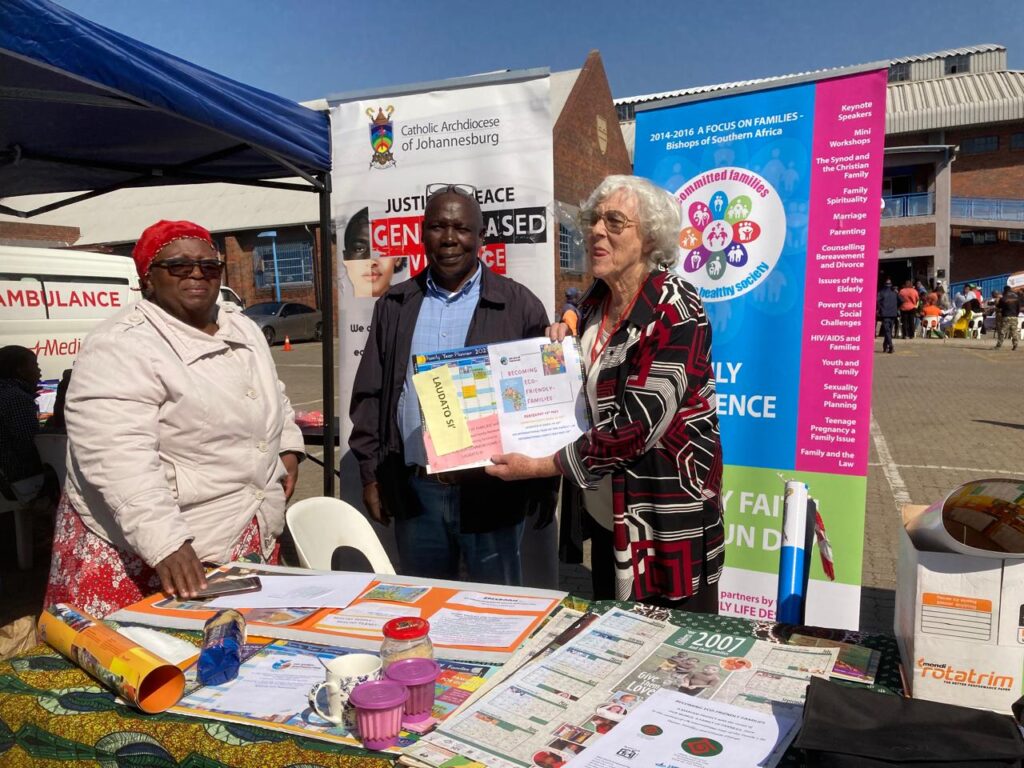
How can we rate or rank our political leaders, now and future? Are they driven by power, control, monetary gain or the common good of all, or just solidarity with one’s own political party of course? Are they idealists or pragmatists? The fact that there are so many wars and conflicts raging across the world, and a good number in African countries, would indicate that the common good is not top of many leaders’ agendas nor of those in opposition to them.
Peace on earth begins in the home, a family home, a community or even a home country. Does that ideal in fact lead to a limited good or to a wider good for more than just me and my family? Family life is a school for socialization. Children can be led to have a healthy self-concept, individuality and care for others. Or they can develop a selfish, restricting individualism which can pave the way to greed on a wider scale. What is it that families need in order to become unselfish and generous with a concern for the whole world as a family of families. Do they need a spirituality, of love of God, of neighbour and oneself? In Laudato Si Pope Francis speaks often of individualism, even radical individualism in a derogatory way linking it with consumerism. It has no concern for the poor and the earth. In Fratelli Tutti he focuses more on human, social fraternity. He writes, “If there is no transcendent truth in obedience to which man achieves his full identity, then there is no sure principle for guaranteeing just relations between people. Their self-interest as a class, group or nation would inevitably set them in opposition to one another. If one does not acknowledge transcendent truth, then the force of power takes over and each person tends to make full use of the means at his disposal in order to impose his own interests or opinion with no regard for the rights of others.” FT 273. It is the dignity of the human person in the image of God that makes him the subject of rights that no one may violate.
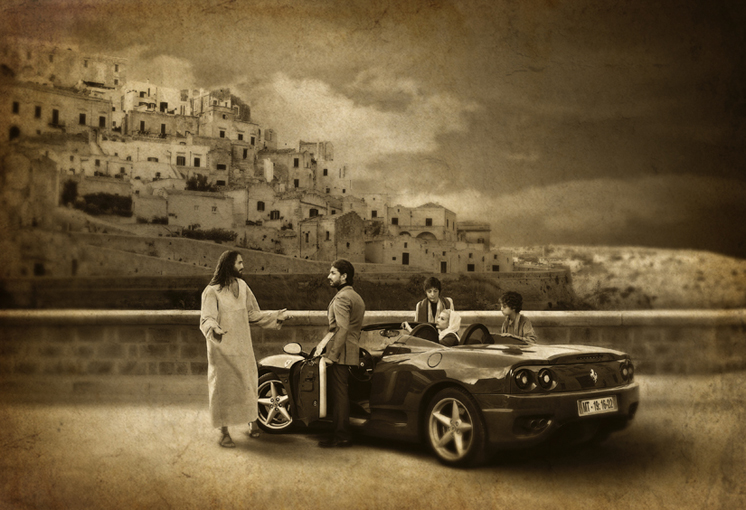
The gospel account read in the last days of the rich young man being asked by Jesus to sell his belongings and give to the poor, can be a lesson for everyone, not an easy one. Was it an invitation or challenge to be generous, willing to share, and conscious of the rights of others as opposed to a selfish holding on to what is mine and suspicious of the expectations of others? But, then at election time maybe a good question to ask is “What would Jesus do? WWJD?


THOUGHT FOR THE DAY. ELECTION DAY SOUTH AFRICA
May 29. Today is election day in South Africa. Every eligible citizen should take responsibility for the common good of our country and its people and go to vote. We’re asked to use our conscience and choose wisely who and what party will be the “servant leaders” that Jesus speaks of today. He gave his life and asks us too to be a servant or a slave to all. Our first act is to vote, and possibly to take part in the process and in governing and supporting the government at our level.
Reflect, share, scripture: Whoever would be great among you must be your servant, and whoever would be first among you must be slave of all. The Son of Man also came not to be served but to serve and to give his life as a ransom for many. Mark 10:32-45. Pope Francis: the church has always held it part of her mission to promote marriage and the family and to defen them against those who attack them. Families have the right to be able to count on an adequate family policy on the part of public authorities in the juridical, economic, social and fiscal domains. AL 44. ACTION. What is the plan on this important day for your family?

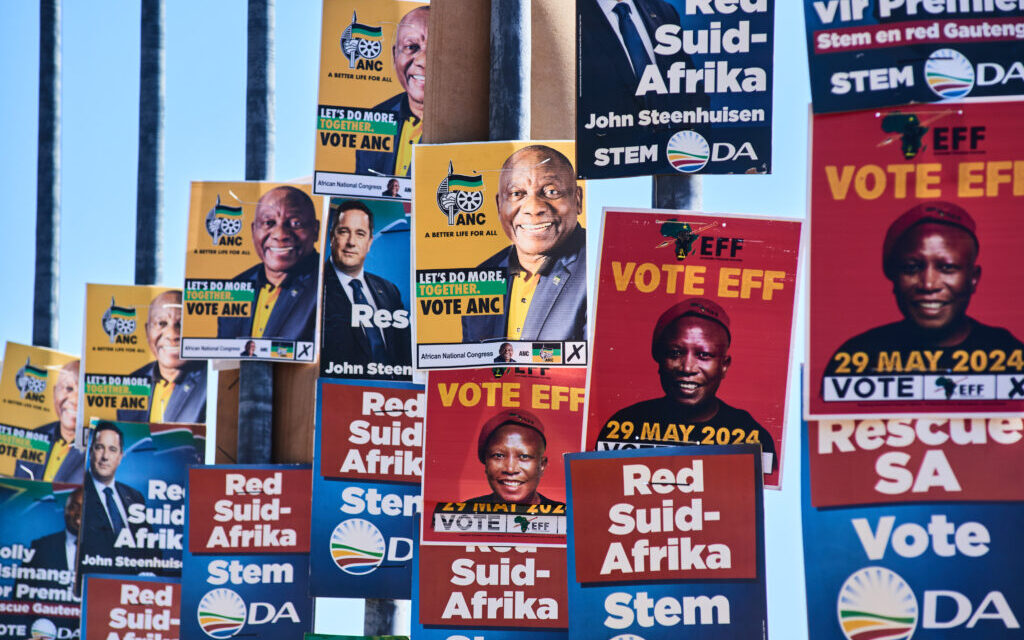
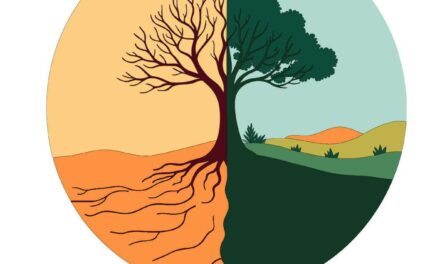
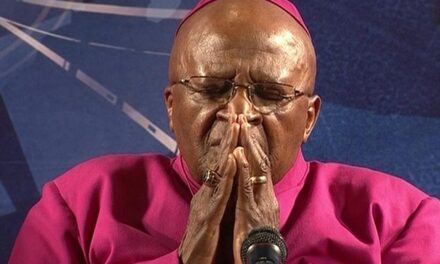
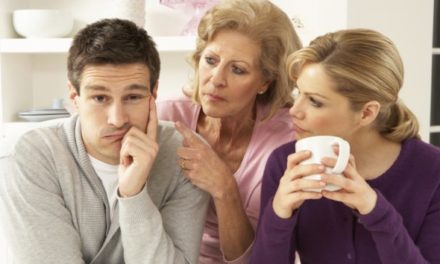
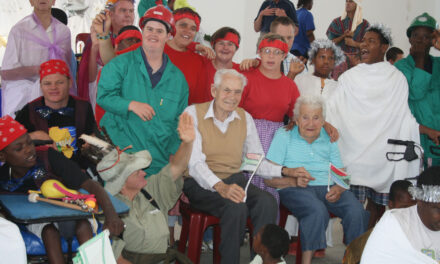
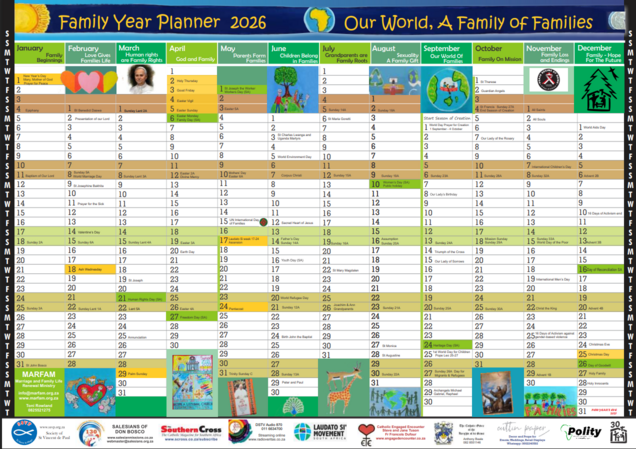
Recent Comments